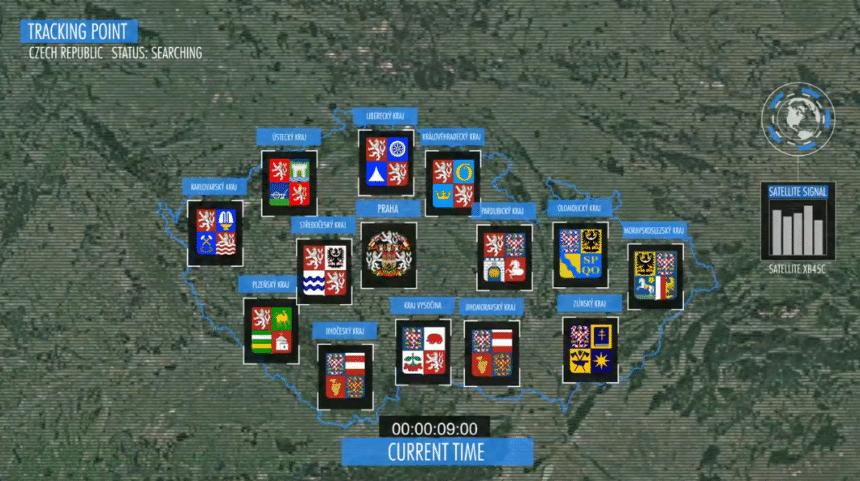The Czech Republic’s Security Information Service (BIS) has released its latest annual report, offering a stark assessment of the evolving threat landscape shaped by foreign disinformation, espionage, and hybrid tactics. The findings highlight how state actors—primarily Russia and China—continue to exploit Czech society’s vulnerabilities through both overt and covert influence operations.
Russia: Covert Influence Through Narrative Infiltration
According to BIS, Moscow has shifted from overt propaganda to more subtle manipulation of domestic narratives via local proxies and collaborators. Rather than focusing on visibility, Russian strategy aims to embed manipulated content within mainstream media and political discourse.
One high-profile case detailed in the report is the Voice of Europe operation, run out of Prague by Artem Marchevsky, a close associate of pro-Kremlin Ukrainian politician Viktor Medvedchuk. The operation involved conducting interviews and offering financial incentives to EU election candidates in 2024. Czech authorities dismantled the network in spring 2024, and both Marchevsky and Medvedchuk are now sanctioned by the EU.
Telegram has also become a key recruitment tool. Russian operatives have allegedly enlisted so-called “Telegram agents” under the guise of online freelance or side-gig opportunities. Many participants were reportedly unaware they were working for foreign intelligence interests.
China: Quiet Influence with Strategic Aims
China’s approach to influence is more subtle but no less significant. BIS warns that Chinese state-linked entities have funded individuals and media organizations to promote a favorable image of the People’s Republic of China (PRC) while discouraging scrutiny of issues like human rights abuses and Taiwan.
A particularly alarming case involved the Emposat satellite ground station project in South Moravia. Initially promoted as a benign scientific endeavor, BIS found that the project—backed by a Chinese state-linked firm—had the potential to collect sensitive imagery and signals for military use. Authorities dismantled the station in May 2025.
China’s strategy also includes targeting Czech high-tech firms through joint ventures that obscure intellectual property transfer. Leaked data from the Chinese company i-SOON reveals how ostensibly private firms serve multiple arms of the Chinese state, including intelligence agencies.
Public Resilience and the Path Forward
In 2024, disinformation activity in the Czech Republic increased even as its overall reach plateaued. BIS emphasizes the importance of distinguishing between domestic anti-system sentiment and foreign-led influence operations.
The report acknowledges that most Czech citizens remain resistant to extremist and foreign narratives. However, BIS calls for enhanced efforts in digital literacy, algorithm education, and inclusive communication to guard against long-term polarization and radicalization.
The agency has intensified its counterintelligence and cyber operations in response to growing threats, including its contribution to Dying Ember, which targeted the Russian APT28 cyber group. In a separate effort, BIS also monitored 327,000 Ukrainian temporary protection holders and found no increase in crime attributable to this group.







